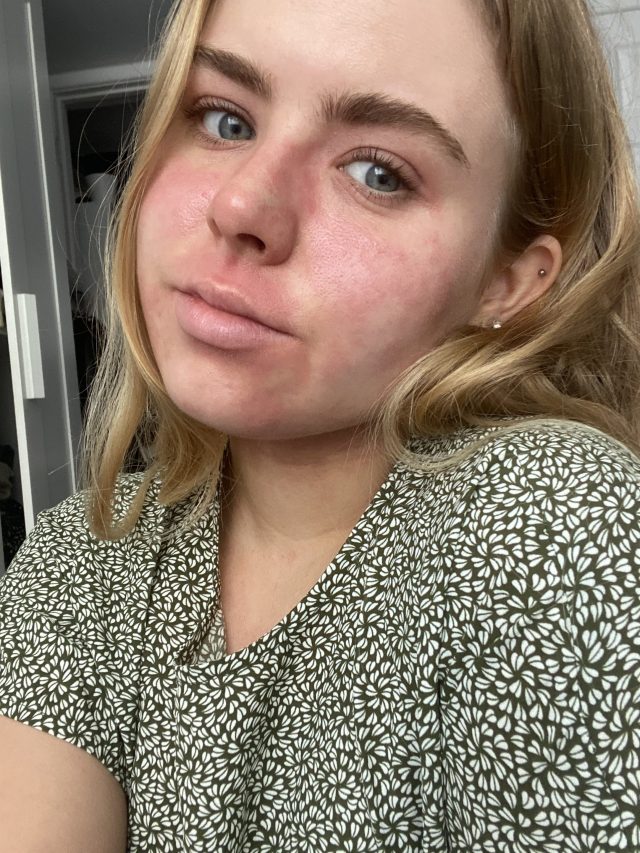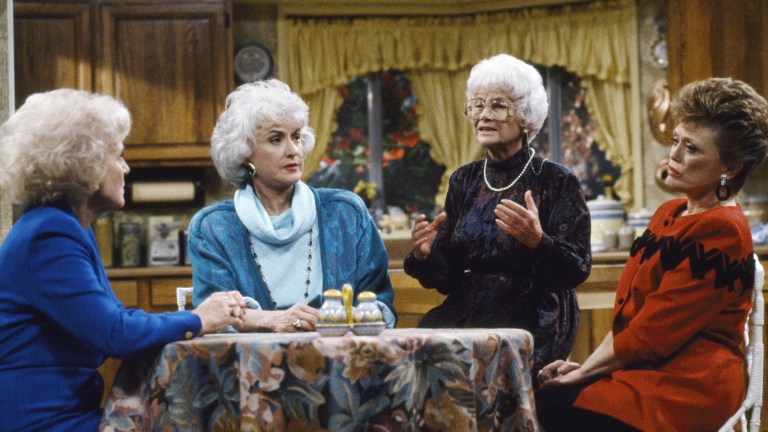
Having Eczema Can Be A Traumatizing Experience, And It Isn’t Taken Seriously Enough
I never thought my eczema could ever become something that was traumatic.
Obviously, during a flare, I wish it away and hope for better days but it wasn’t until my skin deteriorated in my adult years that I realized the effect it had mentally. Throughout my childhood and teen years I was full of energy, taking part in gymnastics, going to the gym and even swimming. Despite having severe eczema nothing really stopped me. I used steroids creams and wet bandages pretty much my whole childhood, I attended the dermatologist at the hospital monthly and was even hospitalized from the severity of my skin.
From what I can remember, I would cry from the physical pain and run away from my parents who looked like they were ready to begin a mummification. I vividly remember the smells of the paraffin based creams, the fear of potential hospitalization close to Christmas as a 10-years-old and being pulled away from my friends at school to be stripped down to my knickers, creamed up and sent on my way. But I don’t remember it leaving me emotionally unstable, ever. I was a seemingly normal child when fully clothed, it was only when the
school uniform came off that the full extent of my condition was uncovered.
During secondary school, I started to improve and I hardly remember it having an impact on my life. It was by no means gone but I had some control of it.
Fast forward to university, this is when I realized that I wasn’t growing out of my eczema like I’d been told my whole life. I started to become more sensitive to things that I had never had a problem with before and I was having more and more flare ups. It got so bad that I had to seek medical help almost weekly. I was writing my dissertation from bed, I couldn’t leave the house without sunglasses and my boyfriend’s hand to hold, no more nights out with my university friends, it wasn’t the experience I ever expected — that’s for sure.
I am happy to say I haven’t been in a place that dark since, but it definitely left its mark on me. Trauma and eczema aren’t two words you see together often and it’s something that very much goes hand in hand when suffering with severe eczema. For me, it’s not until I was coming out of that flare up that I realized just how traumatic it was.


Spending days on end crying down the phone to my boyfriend, begging for help from doctors whilst trying to remain somewhat sane so your housemates don’t think you’re boring (I know I was poorly, but I still had so much guilt for not being sociable and thankfully I was blessed with understanding housemates).
There are certain triggers I have discovered that make my mental health spiral and often it doesn’t take a lot for me to feel out of control again. The panic of a potential flare coming on and not knowing the severity of it or how you’ll wake up in the morning can stay with you even when you have a well-managed condition. Building your self-esteem back up after a flare can be so difficult which has a huge impact on your confidence and intimacy.
I recently did some polls on Instagram asking my followers how they felt eczema was perceived by others and I received an eye-opening response.
Support from our peers is incredibly important and ensuring those around us have a baseline understanding of the effect it has on our mental health as well as physical health is really helpful. But despite this, many people felt that eczema wasn’t taken seriously enough by friends, family and those we encounter day to day, not to mention doctors, the people we reach out to in times of desperation.
In the eczema online community, there is a huge push on raising awareness about the fact that it is more than itchy skin on the backs of your knees (although that is painful in itself). It can not only leave you physically scared from scratches, it can leave a mark on your mind and have a huge negative impact on your mental health and can lead to anxiety, depression and even PTSD.
Taking care of your overall wellbeing is just as important as keeping up with your emollients and above all else, keep raising awareness and sharing your story to help educate people without eczema on how it can impact our lives.
This not only fights the stigma about it being contagious (it’s most definitely not) it might help people around you to speak up about their condition and find comfort in knowing they’re not alone.











